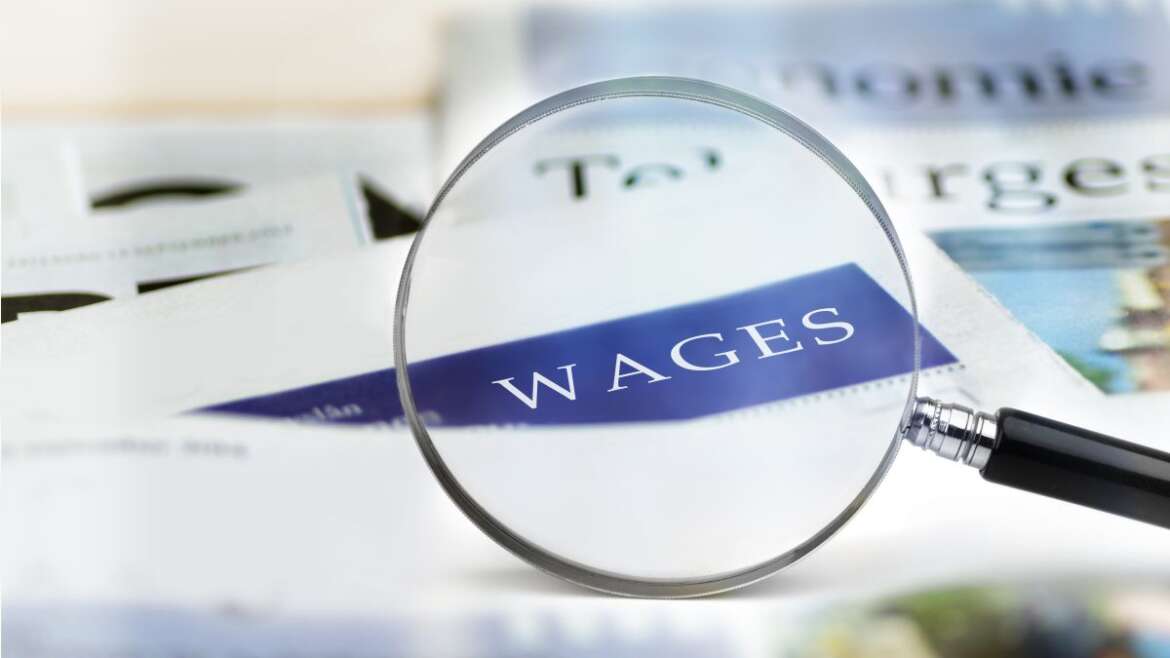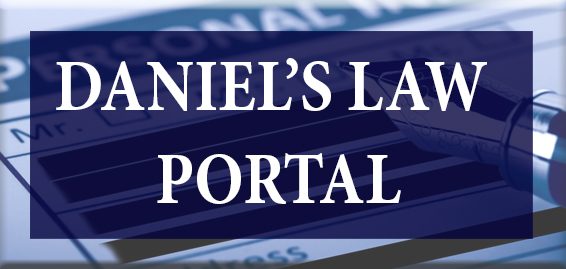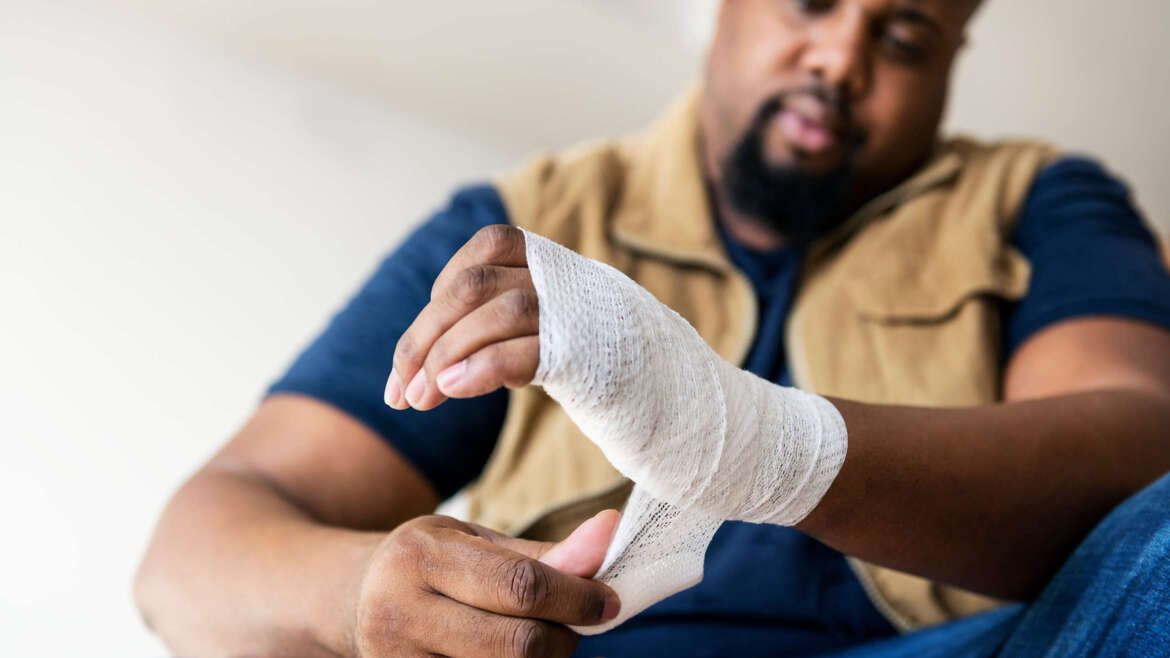By Christopher Keating
State and federal laws require that workers be paid on time and in full, and there are several avenues that employees can pursue to recover money they are owed. This includes late or “light” paychecks, unpaid commissions, or unpaid or underpaid overtime wages, which may be due to willful or negligent acts of the employer or due to employees being misclassified as independent contractors. Common violations I see in practice include:
Employer incorrectly tells employees they do…



